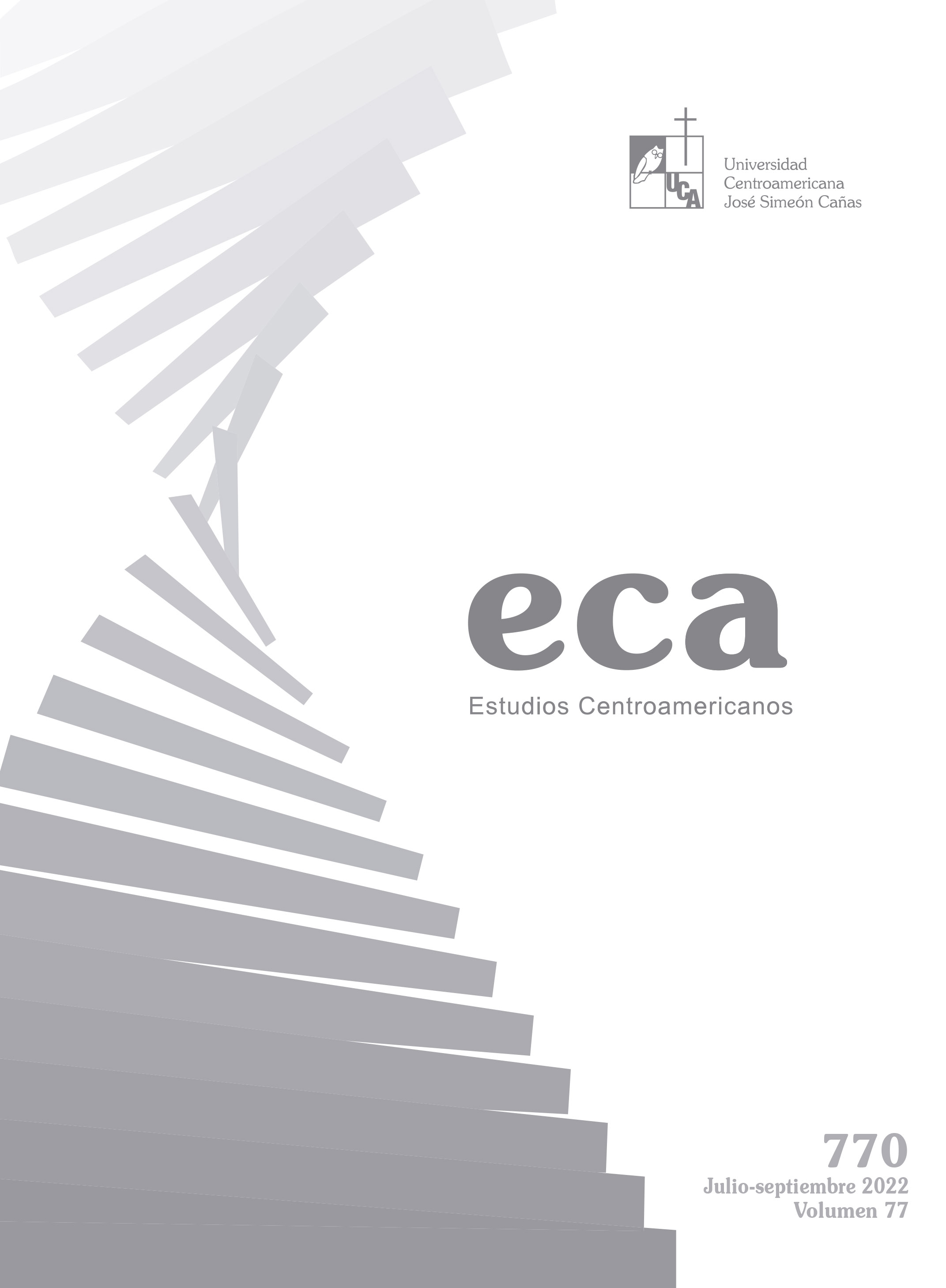Abstract
This presentation focuses on the National and Cultural Health System of El Salvador from the perspective of people diagnosed with COVID-19 during the first year of the pandemic. It was presented on May 5 at the 40th International Congress of the Latin American Studies Association (LASA, 2022) in the COVID-19 and Structural Violence in El Salvador panel. The presentation reconstructs interactions between patients, health care personnel, and other social actors. The methodology was qualitative, its collection strategies: non-systematic bibliographic review and 15 semi-structured interviews. It considers the narratives of illness and suffering as a social act taking into account social, circumstantial and cultural events. Through content and connotative language, aspects such as the patient's role and career, and suffering as a symbolic device were analyzed. It presents the interaction between different healthcare spaces, mainly Home and Community. As a method of analysis, it uses the components of the Sense of Coherence of the Salutogenic Model: i) Comprehensibility, ii) Manageability, iii) Meaningfulness. The main findings were: hybridity in the operation of the different care modalities of the health system; a series of historical phenomena that are still in force and characterize inequalities and inequities in health care, including the tendency to centralize, medicalize, commercialize and militarize health and health care. Likewise, a tendency to self-medication and the use of medical and pharmacological metaphor to understand health.
ECA Estudios Centroamericanos, Vol. 77, No. 770, 2022 : 81-89.

This work is licensed under a Creative Commons Attribution-NonCommercial-NoDerivatives 4.0 International License.
Copyright (c) 2022 ECA. Estudios Centroamericanos






